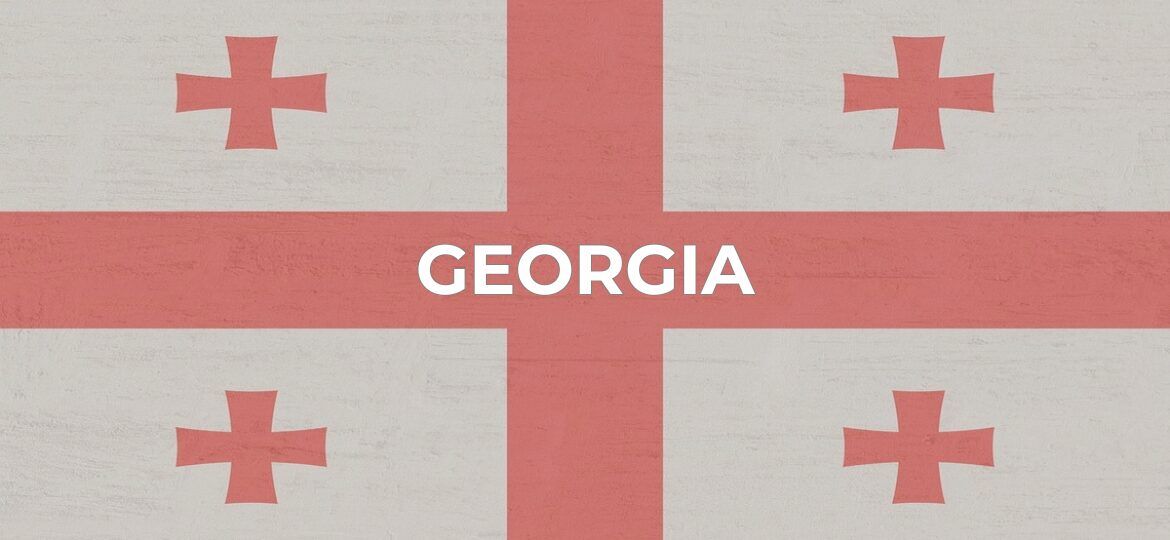
Over the past months, Georgia has undergone a dramatic political shift marked by a rapid erosion of civil liberties and increasing repression of civil society. With the adoption of a harsh new “Foreign Agents” law and targeted investigations into human rights organisations, the country is entering a new phase of authoritarian control.The first signs of a broad crackdown surfaced in March 2025, when five civil society organisations, including Human Rights House Tbilisi and Shame Movement, had their bank accounts frozen by court order. These groups had been providing legal, medical, and psychological support to peaceful protesters who had taken to the streets in late 2024. Authorities accused the organisations of supporting “violent protests” and “sabotage,” despite no formal charges or prior warning.
On 1st April 2025, the Georgian Parliament passed the new Foreign Agents Registration Act (FARA), signed into law the next day. The law, which entered into force on 1st June, compels individuals and organisations receiving foreign funding to register as “foreign agents” if they engage in vaguely defined political activity.
Unlike previous versions, the law introduces criminal liability, including prison sentences of up to five years for non-compliance. The aim is clear: to stigmatise, silence, and criminalise civil society and independent media.
In May, multiple human rights defenders reported increasing harassment, including home searches and judicial pressure. These intimidation tactics are part of a broader campaign to shrink the space for dissent and create a climate of fear within activist circles.
An alarming situation
The most serious escalation occurred in June 2025, when the Social Justice Center, a respected human rights organisation, was hit with an invasive investigation by the Anti-Corruption Bureau. A court order gave the Bureau full access to the organisation’s financial, legal, and internal communications data, as well as personal information about its beneficiaries — all to be handed over within three days.
The Centre is now challenging the order in the Court of Appeal. It works to promote equality, justice, and democratic governance, supporting marginalised communities including women, LGBTQI+ people, workers, prisoners, and ethnic minorities. And at least six other organisations received similar court orders on the same dates.
A symbolic trial
Amidst this increasingly repressive context, the case of Mzia Amaghlobeli, the director of the independent broadcaster Publika, has become a powerful symbol of the authoritarian drift in Georgia. On 11 July 2025, Reporters Without Borders (RSF) and its partners published a joint appeal denouncing the political motivations behind her prosecution, calling it emblematic of the growing judicial harassment of independent media. The trial of Amaghlobeli, accused of “disobeying police orders” in the course of her journalistic work, illustrates the state’s determination to criminalise press freedom and discourage media scrutiny of government actions.
Civil Society at a Crossroads
With these developments, civil society in Georgia is being pushed to the brink. The new law, combined with judicial intimidation and financial suffocation, leaves many organisations facing a stark choice: accept the “foreign agent” label, shut down, or risk prosecution.
Georgia’s civic space is now under coordinated attack. The international community must respond decisively to support human rights defenders and help protect democratic space in the country.
Georgia ranks 114 out to 180 in RSF 2025 World Press Freedom Index.
We also had the chance to interview Natia Tavberidze and have insights on the present life of an HRD in Georgia.
Other on Georgia.


